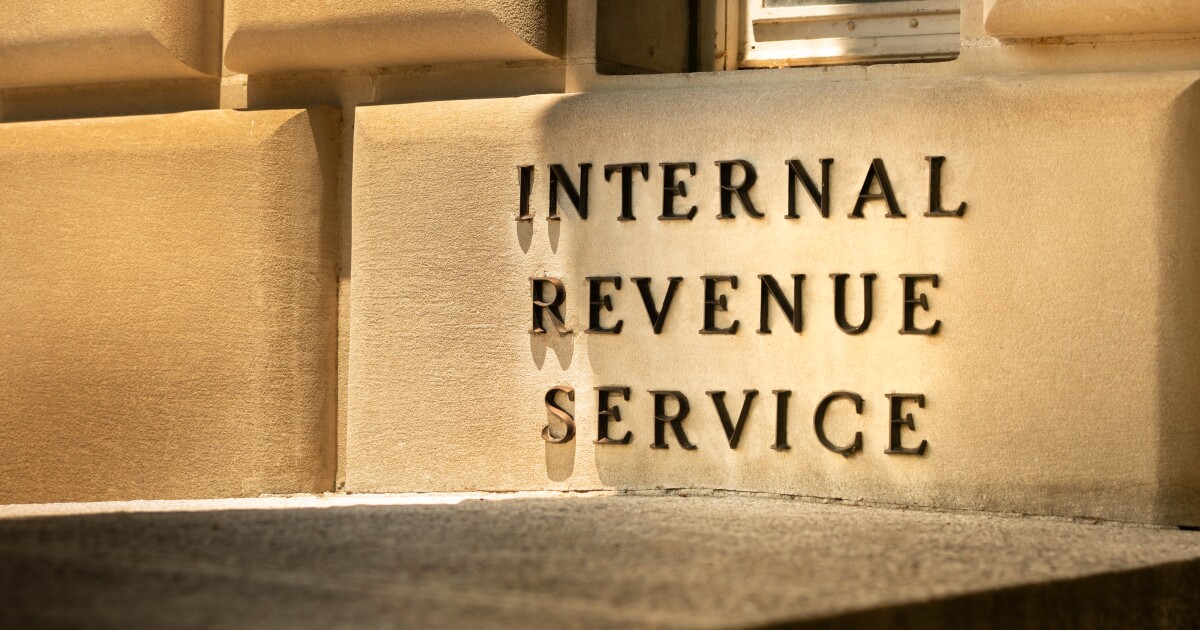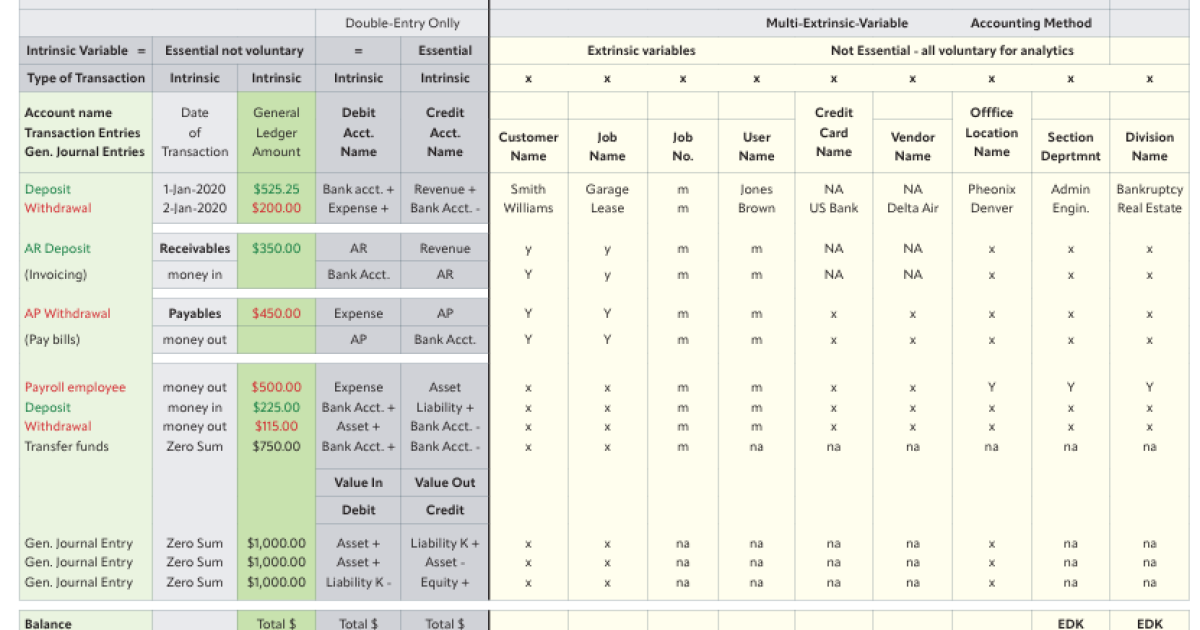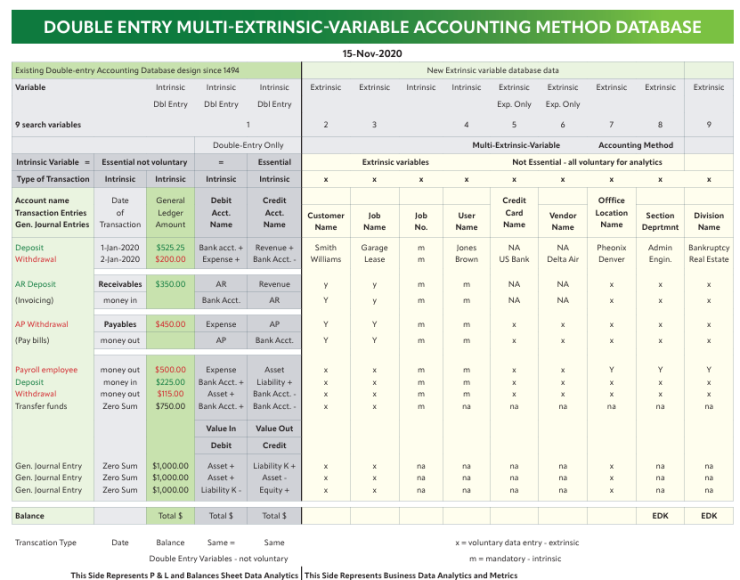An IRS proposal to drop a Biden administration rule targeting basis-shifting strategies by complex partnerships is getting support from key stakeholders, as well as calls for further relief.
But critics argue that dropping the regulation would let wealthy tax cheats off the hook. Even those who advocate getting rid of the rule say the IRS must take more action to remove enforcement risks around partnership basis-shifting strategies.
The regulatory proposal last month to withdraw the Jan. 14 regulation cited President Donald Trump’s executive order that created the Department of Government Efficiency. It also mentioned the concerns of “taxpayers and their material advisors” about “imposing complex, burdensome, and retroactive disclosure obligations on many ordinary-course and tax-compliant business activities, creating costly compliance obligations and uncertainty for businesses.”
These transactions enable businesses to transfer tax basis out of assets where it was not generating savings to affiliated entities where it could gain benefits, such as moving it from stock or land holdings to the partnership’s equipment infrastructure and its depreciation capabilities. In its final days, the Biden administration issued a rule classifying them as “transactions of interest” (TOI) subject to increased scrutiny of the so-called “economic substance” of the basis-shift beyond simply tax savings. That followed an IRS memo from last June warning taxpayers, professionals and financial advisors that some common partnership basis-shifting transactions do not have the required economic substance.
The fact that the Trump administration’s proposal wouldn’t also cancel the revenue ruling memo caught the attention of some antitax advocacy groups and industry professionals.
“Given that Revenue Ruling 2024-14 was not withdrawn, continued diligence is required in identifying any transactions that may fall within the scope of the revenue ruling or otherwise be subject to potential challenges under the economic substance doctrine, or other common law principles such as the substance-over-form doctrine or step transaction doctrine,” according to a blog on the rule proposal last month by accounting firm Grant Thornton. Nevertheless, the firm described the IRS proposal as “welcome relief for taxpayers and material advisors as the basis shifting TOI regulations would have imposed complex, burdensome and retroactive disclosure obligations on transactions that may have not been entered into with a tax avoidance purpose.”
READ MORE: What does an IRS in flux mean for financial advisors and clients?
The business backdrop
Regardless of their view of the proposal, President Trump, DOGE or tax-dodging efforts by wealthy households in general, advisors can provide value to clients by keeping abreast of IRS regulations, according to Jason Smith, CEO of Westlake, Ohio-based advisory practice JL Smith, registered investment advisory firm Prosperity Capital Advisors and training and consulting company Clarity 2 Prosperity Enterprises. Last month, Greenleaf Book Group released Smith’s latest book, “The Rainmaker Multiplier: How to Create a Self-Sustaining, Scalable Financial Planning Business.” The book includes a chapter on Smith’s view that tax preparation and strategies represent one of four “rainmaker multiplier essentials,” alongside holistic planning, marketing and a career path for incoming advisors.
Smith’s firm evolved from referring tax services to outside certified public accountants to hiring them and enrolled agents as a means of providing what he called the “trilogy” of tax planning, management and preparation.
“You could sit there and tout investment performance, but it’s not about what you make, it’s about what you keep,” Smith said. “I just don’t know how you can really say that you’re doing true wealth management without connecting those two, the investments and the taxes.”
READ MORE: Taxes + wealth: 2 connected but still (for now) distinct fields are merging
Reactions to repeal
For some business owners, the complex basis-shifting maneuvers among affiliated entities in a partnership provide substantial savings — although the last administration’s Treasury Department argued that verifying the economic substance of the transactions would save taxpayers $50 billion over a decade. Eliminating the Biden-era regulation would reopen a “tax loophole for the rich,” said Sen. Ron Wyden, a Democrat from Oregon who is the ranking minority member of the Senate Finance Committee.
“This is a ridiculous loophole that allows the ultra-rich to dodge taxes by shifting assets around on paper while adding zero value to our economy whatsoever,” Wyden said in a statement last month. “This is welfare for billionaire tax cheats and massive corporations, plain and simple.”
However, groups supporting the withdrawal of the rule include the American Institute of CPAs, the Taxpayers Protection Alliance and the National Taxpayers Union. In letters to the IRS earlier this month, the latter two organizations praised the move to drop the regulation and asked the agency to rescind the memo from last June as well.
“The previous administration’s near-obsessive focus on partnerships was driven by the belief that vast revenue collection potential exists in some sectors of our economy if only the IRS were handed sufficiently intimidating enforcement tools,” National Taxpayers Union President Pete Sepp wrote. “Unfortunately, history has shown that there are no gold mines leading to such easy riches for the government. Instead, the pursuit of the ‘shiny object’ leaves many innocent taxpayers harmed along the way, while distracting the Service’s attention from top-notch customer service and clear, consistent, guidance that provide the basis of respect for the law.”
READ MORE: Wealthy tax cheats set to benefit from Trump plans to halve IRS
Stay tuned, advisors and tax pros
An upcoming IRS notice of proposed rulemaking could address the full scope of the agency’s withdrawal of the prior regulation and its current stance on the economic substance of basis-shifting transactions by partnerships.
The Biden administration’s regulation would have exerted greater enforcement oversight in “tax-free transfers, distributions and liquidations of partnership interests to partners and other related parties or transferees, in which a basis increase provides related parties with an opportunity to decrease their taxable income through increased cost recovery deductions, including as property depreciation deductions, and decreased taxable gains (or increased taxable losses),” according to a blog posted this week by Alex Kenelby, a senior manager of tax services with Berkowitz Pollack Brant.
“This essentially provides taxpayers and their material advisors with immediate relief from retroactive reporting requirements and any related penalties for noncompliance,” Kenelby wrote. “The IRS is expected to issue a notice of proposed rulemaking in the coming months to finalize the details of repealing the basis-shifting regulations.”


 Accounting6 days ago
Accounting6 days ago
 Economics1 week ago
Economics1 week ago
 Personal Finance6 days ago
Personal Finance6 days ago
 Accounting6 days ago
Accounting6 days ago
 Finance5 days ago
Finance5 days ago
 Economics1 week ago
Economics1 week ago
 Economics6 days ago
Economics6 days ago
 Economics6 days ago
Economics6 days ago












